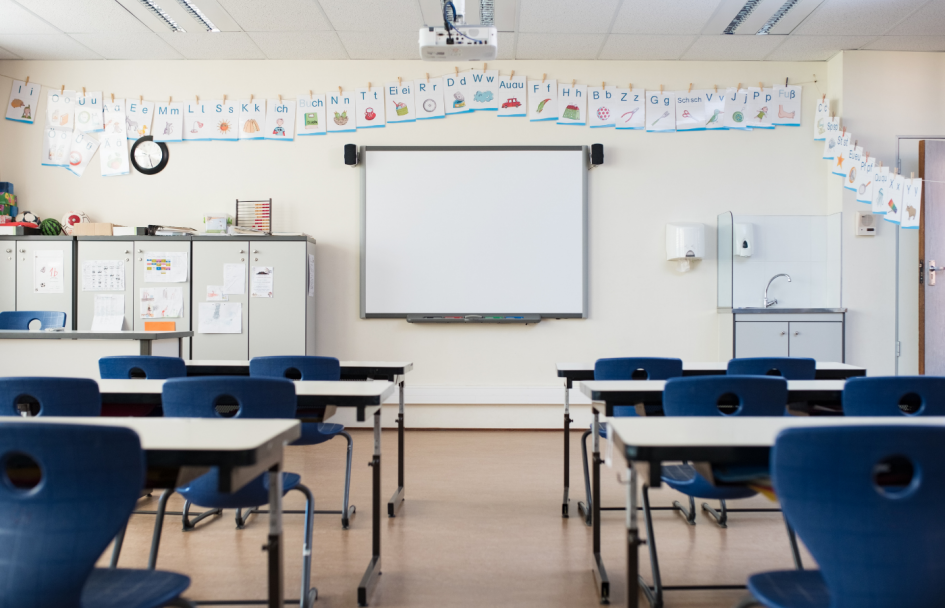Choosing the right school for your child is probably one of the most important decisions you’ll ever have to make in raising your student. It can be overwhelming when you think about all the options out there. If you haven’t started thinking about the school you want for your child, it’s time to start. When looking at schools, there are some important things to consider: academic excellence, community support, financial aid availability, and more. When you review these key elements of a school, it helps narrow your search so you can find the best fit for your child.
Common Types of K-12 Schools
There are many types of K-12 schools to choose from. Here are some of the most common.
Public schools
A public school is one that’s funded by the federal, state, and/or local government.
Private schools
Unlike a public school that gets tax dollars from the government, a private school doesn’t get any of that support. These schools are usually run on tuition or donations.
Charter schools
A charter school gets its name from the document that gives it authority to operate. These schools are public and tuition-free, and they also must meet the state’s academic standards.
Each type has pros and cons depending on your family’s needs, so it’s important to review them carefully. You’ll want to take a look at whatever school you’re considering, visit the campus, talk with teachers, and find out how they can support your child’s academic success. After you’ve done this research, you should have a good sense of whether or not that particular school is right for your family.
What Parents Should Consider When Choosing a School For Their Student
When looking at a school, parents should consider several key elements. These include academic excellence, community support, financial aid availability, and more.
Academic Excellence
Schools today have a strong focus on academics because they know the difference it makes in creating a successful student later in life. A good school will have highly trained teachers who bring real-world experience into the classroom to help prepare kids for what they’ll face after graduation.
The Right Environment
Every student is different, which means every school will be different too. Before you make any decisions about finding the right school, take some time to see if it’s a good fit for your family. If you’re considering a boarding school, plan to spend time on campus for an extended period before you make your decision.
Financial Aid
As you explore different schools, make sure they offer financial aid to families who qualify. Some schools offer scholarships and other forms of help so that parents can afford what they need. This is a big factor in some cases, so make sure you don’t overlook it.
Community Support
A school’s community can be a strong factor when determining if the school is the right fit for your child. School spirit, good relationships between teachers and students, opportunities to participate in sports or after-school activities, and other factors are important to consider too. So take a big-picture look at where your student will spend the next 10 or more years of their life.
An Educated Decision
Ultimately, it’s your decision to find the best school for your student. So take time to talk with teachers and administrators, tour campus, and ask parents who’ve been through this process for their advice too. Once you’ve done your research, you should have a good sense of whether or not that school is the right choice.
Best Methods For Researching Local Schools
If you’re looking for the best school in your area, start by doing some research online. You can check out public schools by visiting their websites, reading the latest news about them, and checking test scores if they’re available. You can also find articles written by parents who’ve done this research too.
Local newspapers
Newspapers are another good resource for finding information about local schools. The editorial section usually has articles detailing how schools are rated in different areas, and you’ll also find letters from parents who’ve had a positive or negative experience with certain schools.
Public libraries
Libraries are also great for getting information about local schools. The librarians can help you find books about different schools, as well as other resources like advice written by experts in the education field.
School board
Finally, call your local school board and talk to them about the public schools in your area. They’ll be able to provide you with contact information for local schools, as well as advice on how you should approach the admissions process. You can also find out about schools you may not have heard about before.
With so many different schools out there, it’s easy to get overwhelmed when trying to find the right one. But if you take your time and do your research, you should be able to narrow down some of your choices quickly.
SchoolCues is an all-in-one school management system for small schools with limited budgets and resources. Our solutions include admissions and enrollment, online payments, student information system, gradebook, communications, parent engagement, donations and fundraising, alumni management, and more. Schedule a demo with us today.
